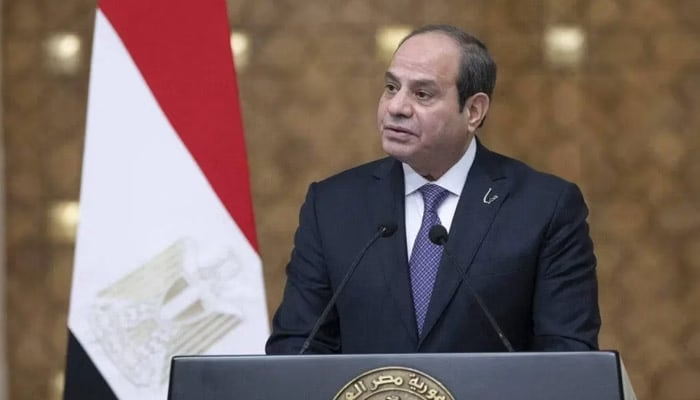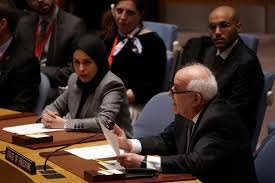Egyptian President Abdel Fattah al-Sisi has strongly rejected a proposal by former US President Donald Trump to relocate Palestinians from Gaza to Egypt and Jordan. According to international media reports, President Sisi labeled the expulsion of Palestinians as an unjust measure and affirmed that Egypt would not participate in any such plan.
The Egyptian leader emphasized that his country remains committed to working with the United States to establish lasting peace between Israel and Palestine, but only through a two-state solution. He made it clear that Egypt’s national security is a top priority, and any forced displacement of Palestinians would have severe repercussions for the region.
Hamas and Jordan Stand Against Forced Relocation
Trump’s controversial suggestion has also faced outright rejection from Jordan. Jordanian Foreign Minister Ayman Safadi reaffirmed his country’s firm and unwavering stance against any forced displacement of Palestinians. He emphasized that Palestinians have the right to remain on their land, and Jordan would not accept any proposal that compromises their sovereignty.
Meanwhile, Hamas, the Palestinian resistance group, has also denounced the plan. Hamas leader Bassem Naim stated that Palestinians will never accept any forced relocation, whether temporary or permanent. He warned that even under the guise of humanitarian aid or rebuilding Gaza, any such move would be considered unacceptable.
Trump’s Controversial Proposal Sparks Global Criticism
In a recent statement, Donald Trump expressed his desire for Jordan and Egypt to take in as many refugees from Gaza as possible. He described Gaza as a region that has been devastated by conflict and suggested that a new settlement for displaced Palestinians could be established, either as a temporary or permanent solution.
However, the proposal has been met with widespread opposition. Critics argue that forcibly relocating Palestinians would only exacerbate tensions in the Middle East and violate their fundamental rights. The idea of resettling Palestinians outside their homeland is seen as an attempt to weaken their territorial claims and erase their identity.
Egypt’s Security Concerns and Regional Stability
President Sisi’s strong response reflects Egypt’s deep concerns over the security implications of mass displacement. Cairo has long played a key role in mediating peace efforts between Israel and Palestine, and any forced migration into Egypt could create instability within its borders.
Egypt has also been actively working to prevent the expansion of conflict into the Sinai Peninsula, where extremist groups have previously operated. The sudden influx of displaced Palestinians could strain Egypt’s resources, create humanitarian challenges, and fuel security threats.
The Path Forward: A Two-State Solution
Both Egypt and Jordan continue to advocate for a two-state solution as the only viable path to lasting peace. The international community, including the United Nations, European Union, and Arab League, has long supported the establishment of an independent Palestinian state alongside Israel.
Despite growing tensions and geopolitical challenges, regional leaders are calling for diplomatic efforts to de-escalate the situation and address the humanitarian crisis in Gaza. President Sisi reaffirmed that Egypt remains committed to working with global partners, including the United States, to find a peaceful and just resolution that respects the rights of the Palestinian people.
The rejection of Trump’s proposal by Egypt, Jordan, and Hamas underscores the widespread opposition to any forced displacement of Palestinians. As tensions in Gaza persist, regional leaders continue to push for diplomatic solutions that uphold Palestinian sovereignty and prevent further instability.
With the international community closely monitoring the situation, the focus remains on finding a sustainable and just resolution—one that ensures Palestinians can remain on their land while securing long-term peace in the Middle East.



